The DigiUp Approach
In today’s digital era, building strong digital and transversal skills is essential for students, educators, and young professionals. The DigiUp project addresses this need by fostering virtual exchanges between higher education institutions and youth organisations across Europe and Sub-Saharan Africa. Guided by the European frameworks DigComp 2.1 and DigCompEdu, DigiUp connects students, academic staff, and young people through structured online activities that promote collaboration, intercultural dialogue, and employability.
From e-Learning to Virtual Exchange
The COVID-19 pandemic pushed higher education institutions to move teaching and international mobility online. While e-learning focuses primarily on delivering digital content, virtual exchange goes further. It is defined as “an educational practice that includes the engagement of groups of learners who participate in online intercultural interaction and collaboration with international peers.”
Virtual exchanges emphasise interaction, cooperation, and cultural exchange, creating meaningful connections across continents. This approach promotes the concept of “mobility without physical displacement,” offering inclusive international experiences that help learners develop both digital and soft skills essential for the 21st century.
Tools and Platforms Supporting Innovation
DigiUp leverages existing digital tools and platforms to facilitate its virtual exchanges, aligning with the Erasmus+ Virtual Exchange and the Digital Education Action Plan (2021–2027). Key tools include:
- Learning Management Systems (LMS): Organise, monitor, and evaluate training activities.
- Interactive applications (e.g., Slido, Badgecraft, Jamboard, Kahoot): Promote active participation and experiential learning.
- MOOCs and Interactive Open Online Courses (iOOC): Provide open access to learning materials and collaborative sessions.
- Digital resources under DigCompEdu competence areas: Support professional engagement, teaching, content creation, assessment, and more.
These tools enable students and educators to build competences across information and data literacy, digital communication and collaboration, content creation, safety, and problem solving—essential skills for today’s digital landscape.
Empowering Educators
DigiUp places a strong emphasis on digital upskilling for academic staff. Educators are trained to integrate technology into teaching through non-formal and experiential methods such as open discussions, TED-style talks, cultural virtual activities, and team-based projects.
Aligned with DigCompEdu, the project helps educators:
- Collaborate professionally and reflect on their digital practices.
- Create and manage digital educational resources responsibly.
- Design learner-centred activities that promote self-regulation and collaboration.
- Apply digital strategies for assessment and deliver timely, data-driven feedback.
By building a community of digitally skilled educators, DigiUp empowers teachers to implement innovative, learner-focused approaches across regions and cultures.
Learning Through Experience and Collaboration
DigiUp’s methodology combines non-formal education and experiential learning, emphasizing learning by doing and reflection. Virtual exchanges feature cultural sessions, virtual campus tours, and collaborative exercises connecting participants from diverse cultural and educational backgrounds.
This approach not only develops technical and transversal competences but also advances the project’s broader goal: mutual understanding, cooperation, and employability through digital transformation and intercultural dialogue.
Towards a Shared Digital Future
DigiUp bridges the gap between policy and practice, demonstrating how virtual exchanges can transform learning and teaching. By embedding digital competences in higher education and creating opportunities for meaningful intercultural collaboration, DigiUp contributes to a more accessible, inclusive, and future-ready international education system.
👉 Learn more about DigiUP: digi-up.org


